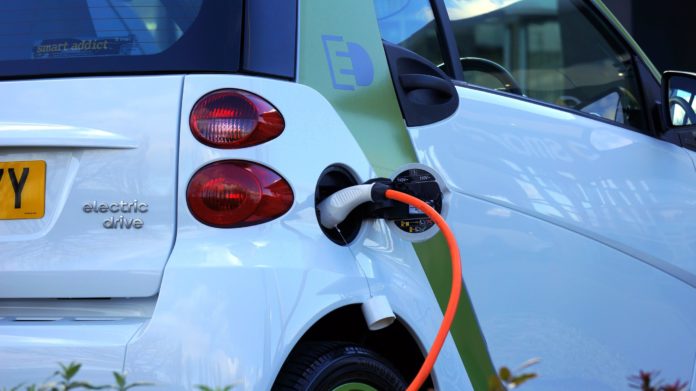B.C.’s provincial government has announced new regulations that will ensure that all vehicles sold in the province will be entirely electric by 2040.
The target, first announced in 2018, aims to reduce greenhouse gas emissions in BC by 40% by the year 2030 and have no new non-electric vehicle sales by 2040.
“British Columbians are eager to get behind the wheel of an electric vehicle, help reduce air pollution and save on fuel costs, but price and availability can be barriers,” said Bruce Ralston, Minister of Energy, Mines and Petroleum Resources, in a statement.
“Today we are one step closer to ensuring that in less than 20 years, every new car sold in B.C. will be a zero-emission vehicle powered by clean electricity.”
In order to reach this target, the Zero-Emissions Vehicles (ZEV) Act—passed in 2019—lays out targets for automakers to meet every five years for the next 20 years.
These phased-in targets require automakers to meet increasing annual levels of electric vehicle sales reaching 10 per cent of new light-duty vehicle sales by 2025, 30 per cent by 2030 and 100 per cent by 2040.
Electric vehicle sales in 2019 and the first half of 2020 made up nine per cent of all light-duty vehicle sales in B.C. which is the highest rate in all of Canada, according to the provincial government.
Now, a ZEV advisory council comprised of industry, ENGOs, local governments, First Nations, infrastructure providers, and academics will be established to help inform the ministry’s policies and regulations.
Zero-emission vehicles include battery electric, plug-in hybrid electric and hydrogen fuel-cell electric vehicles.



